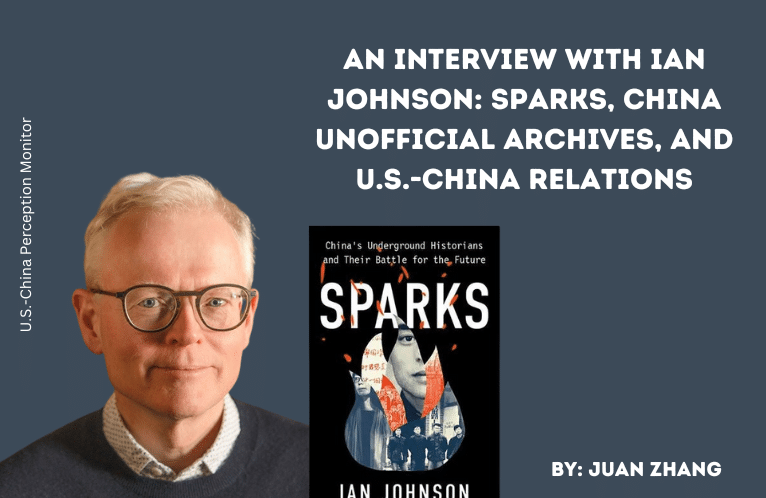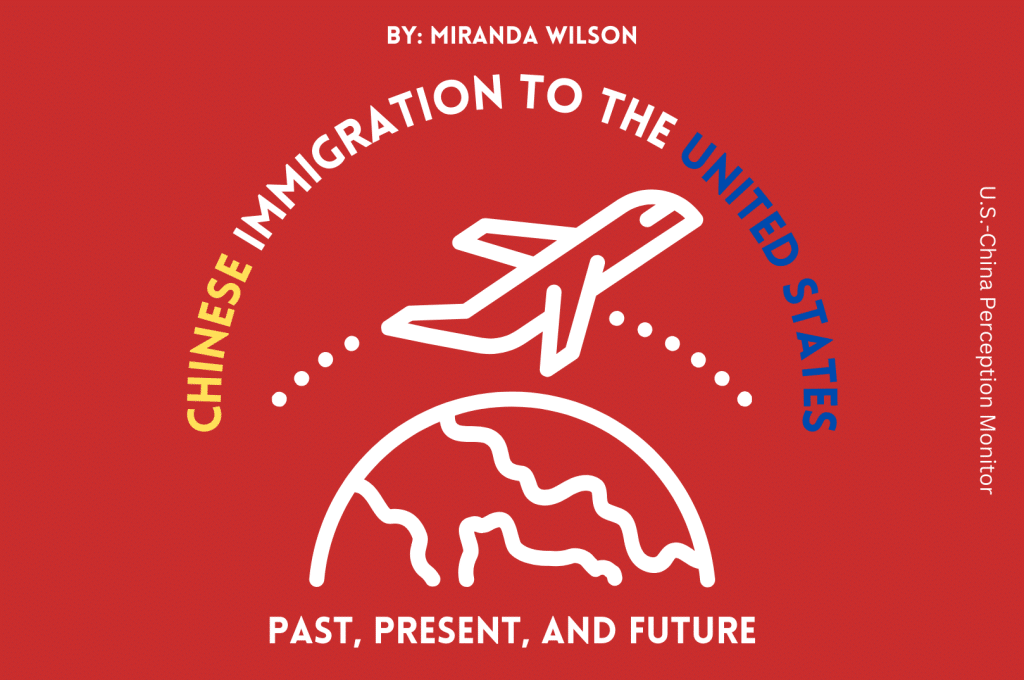Current State and Future of China Relations and the Role of Younger Generations
By: Ezra F. Vogel, Harvard University, June 28, 2020
In 1879, a woman made history by traveling around the world faster than anyone ever before, in 72 days. Since then continuing l development in technology of transportation and communication is bringing people of the world closer together. Now we have no choice but to find ways to work with each other. As you are embarking on your careers, the key problems the world confronts, — pandemics, global warming, orderly international trade, the control of weapons of mass destruction –require close cooperation between the people and governments around the world, especially between the two most powerful nations, China and the United States.
As you know, during the last several years instead of the United States and China making progress in working together, we have grown more contentious, making it more difficult to cooperate for our common good. A key challenge for your generation is how to manage our rivalry, to find ways for American and Chinese people and our governments to work together.
Our Rivalry
As the two countries compete for economic and political dominance, mutual antagonism has grown. As you know, throughout history an existing dominant power and a rising power often end up fighting because unplanned incidents set off conflicts. Military technology continues to advance, and a conflict could be more devastating than any war in history, leaving no winner, only losers.
The rivalry between China and the United States is now spreading to almost every field. Our governments and companies contend for economic supremacy. Our nations compete for political influence and for hearts and minds around the world. Militaries compete in advanced weaponry that might allow them to prevail in a military conflict.
The rivalries arouse deep passion in both countries. Americans, accustomed to dominating the world for three decades since the collapse of the Soviet Union, become upset at Chinese assertiveness. Chinese, pained by the memory of dominating foreigners for over a century of humiliation, are determined to stop yielding to foreigners. We need to find ways to manage the rivalry constructively.
The danger of attacking foreigners to promote domestic unity
The speed of changes around the world disrupts lives everywhere, making it difficult for national leaders to maintain wholehearted public support. Maintaining unity is hard even for small countries like Canada, Spain, and Iraq. Large countries face even more difficulties. The Soviet Union collapsed. Leaders of the United States and China seeking widespread public support often find it useful to criticize foreign powers that challenge them.
American difficulties in maintaining unity. In the 1950s when I was embarking on my career, America was relatively united. We had not been badly damaged by war and our economy was by far the largest in the world. Our industrial base had no rival and other countries wanted our products. We had full employment and national confidence. Democrat and Republican leaders cooperated for our national good. We were prepared to be generous in supporting international organizations and helping other countries so they would not feel the need to go to war.
Our technology continued to advance and we began to produce more farm and factory products with fewer people. In 1946 we had 6 million farm families and by 2000 there were scarcely 2 million, producing more agricultural products. As industrialized nations recovered from the war and as other nations learned to industrialize, workers abroad were prepared to work for salaries lower than American workers. With technology advances and reduced transport costs, goods produced abroad could be sold in the United States at low prices, benefitting our consumers. By 2010 there were only 13 million jobs in manufacturing, a loss of 7 million jobs since 1980. As a result of loss of agricultural and manufacturing jobs which supplied relatively stable employment, the communities around those factories and farms also lost income.
America has made considerable progress since my youth, –in education, science, and technology but we have not handled well the transition away from the relatively stable large-scale industrial and agricultural employment base that helped support the surrounding communities. America has developed a sizeable service sector, but incomes are too unequal. Some businesses and business leaders have grown very rich but pay workers very little. Our nation has spent too much for the military and military activities abroad and not enough on modernizing our infrastructure and providing universal medical care.
America lacks a national educational system to provide a quality education with a standard common perspective for the entire population. In my youth, America had several national TV stations. Cities had a very small number of newspapers which provided common sources of information to broad groups of people. With the growth of the internet, people who have similar views can now rely information from sources that agree with their point of view. We don’t get the same information and differences in peoples’ perspectives have hardened..
In World War II many blacks fought in our military along with whites, and after World War II, finally we began slowly to provide programs to reduce discrimination against blacks. Women also gradually found more opportunities in the work place. Poor white males who had fewer opportunities in factories and farms than in previous decades and who saw some black children get scholarships to universities where they could not afford to send their children are upset at the elite who support a system where they lack good wages and dignity.
Americans, especially those who face frustrations in their own society, are ready to respond positively to political leaders who blame China especially when they learn about things Chinese are doing that seem unfair and threatening: when they hear the Chinese government has created difficulties for American businesses in China while helping Chinese businesses, when the Chinese government punishes people who speak out publicly without trials, when Chinese companies acquire inside information from American companies or use electronic ways of gathering personal information about Chinese studying in the United States, when they hear that Chinese who built up small islands in the South China Sea and said they had no military purposes in mind later erect military facilities.
Chinese Difficulties in Maintaining Unity. China confronts a huge problem in trying to unite 1.4 million people, the world’s largest population. Its diverse population includes several ethnic groups and some who have not yet shared the nation’s prosperity. Chinese people are fully aware of how China suffered in the 19th and 20th centuries because it could not unite. Many believe that national unity, achieved only after 1949, is sufficiently important that they are willing to accept constraints when speaking publicly.
In late industrializing countries, economies grow rapidly when they are building their basic industrial structure, modern roads, railway, subways and steel plants. But now that the basic infrastructure construction is largely in place, Chinese people cannot expect their lives to improve as rapidly as before.
After China began opening markets in the 1980s, some local governments and some private entrepreneurs began to accumulate their own wealth. When China had a socialist economy, it was easier for Beijing’s Communist Party and central government to maintain political control. But with the growth of local and private wealth it is more difficult to maintain control. What local leaders and business people see as opportunities to pursue independent initiatives, Beijing sometimes see as corruption and dangerous localism.
Beijing leaders facing these massive problems have chosen to exert tighter control over information and tighter surveillance over its population, aided by new technology, than do Western democracies.
Beginning in the 1990s movies of World War II showing horrors committed by Japanese soldiers in World War II helped strengthen Chinese patriotism. Tensions with Japan peaked in 2008 to 2112 when the size of the Chinese economy was passing that of Japan’s. Now that the size of China’s economy is poised to overtake that of the U.S. economy, some Chinese leaders gain political support by attacking America for its unfair attacks on China. Nations need patriots ready to defend their country but we also need people who help their own country solve problems to achieve unity without attacking outsiders.
The Challenges for the Young People Embarking on their Careers
You young people embarking on your careers must of course acquire skills to help you earn a living. In a world continuing to change rapidly, you cannot expect that the skills you learn as a young adult will prepare you for work decades later as the economy and technology change. After you learn skills, you must remain ready to adapt.
To manage the rivalry between China and the United States, we need people in both countries who acquire empathy for the people in the other country and seek to work with them. I have enjoyed good friendships with many Chinese and enjoy working with them. Chinese who study in the United States and Americans who study in China and make friends across national lines can be an enormous asset for helping our two countries work together. Some super-patriots from the other country may attack us and some in our own country may accuse us of being unpatriotic. I believe we are practicing a higher patriotism, a recognition that each of our countries needs good relations with the other country. It may not be easy for you to maintain such ties in the decades ahead but I hope you will find a way. Our two countries and the rest of the world need you.









